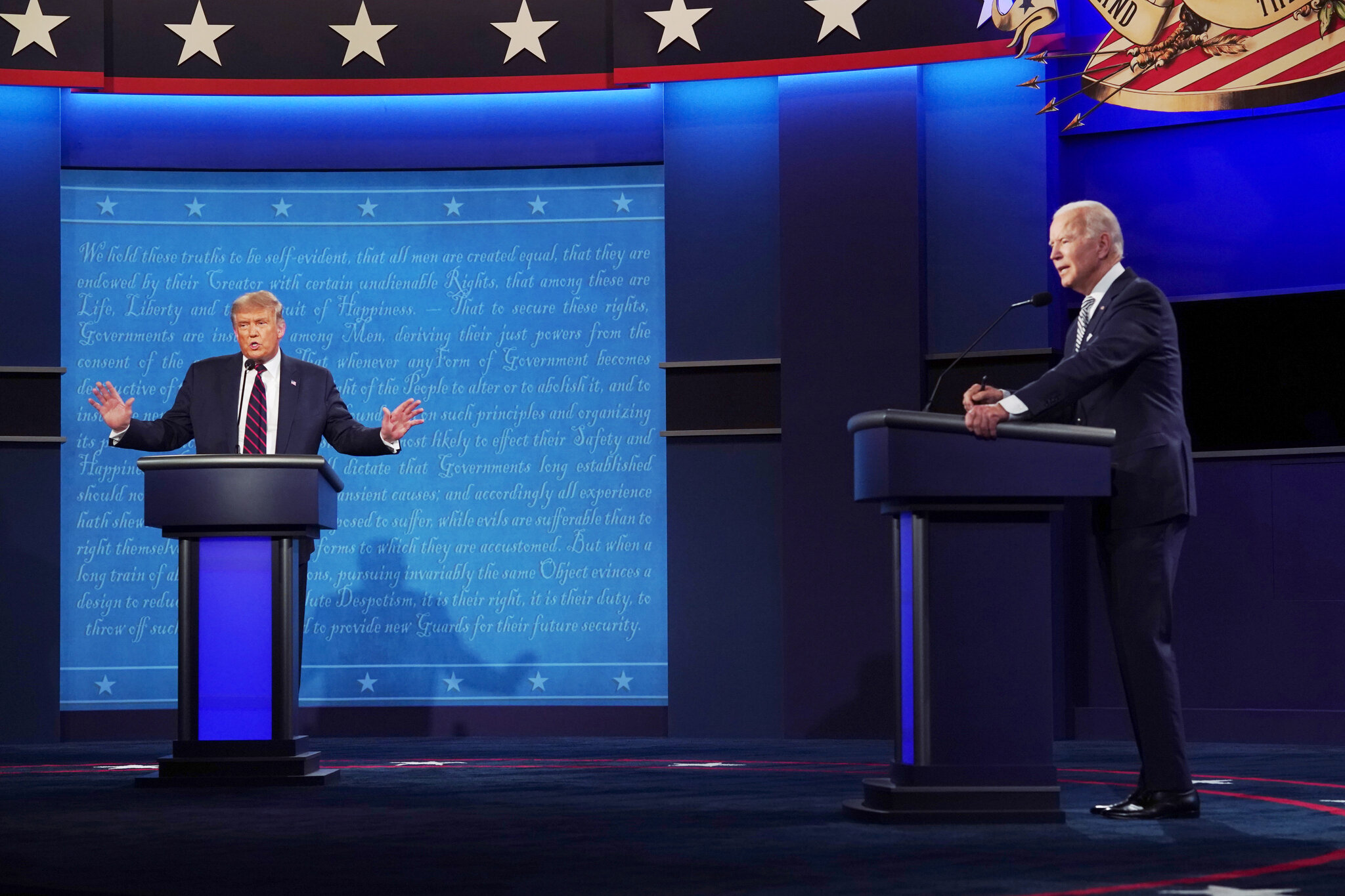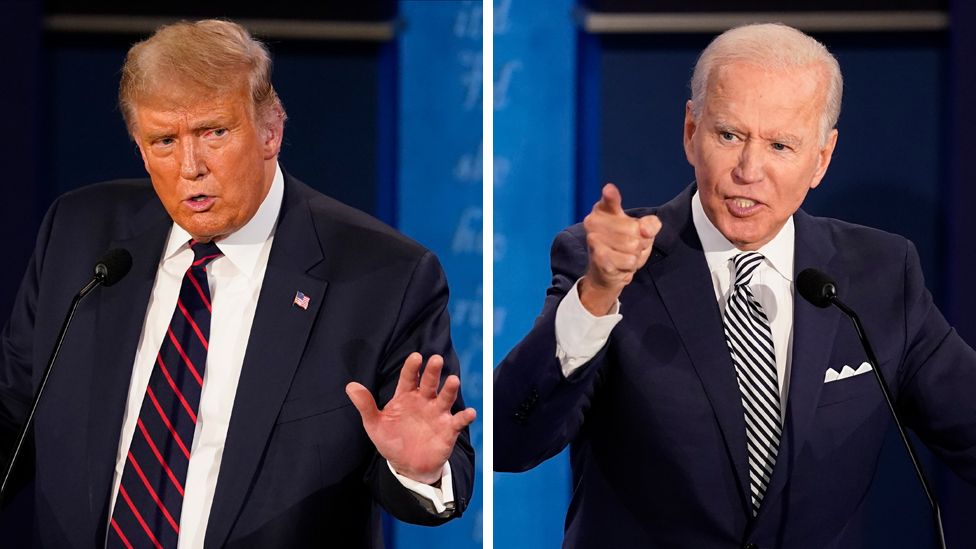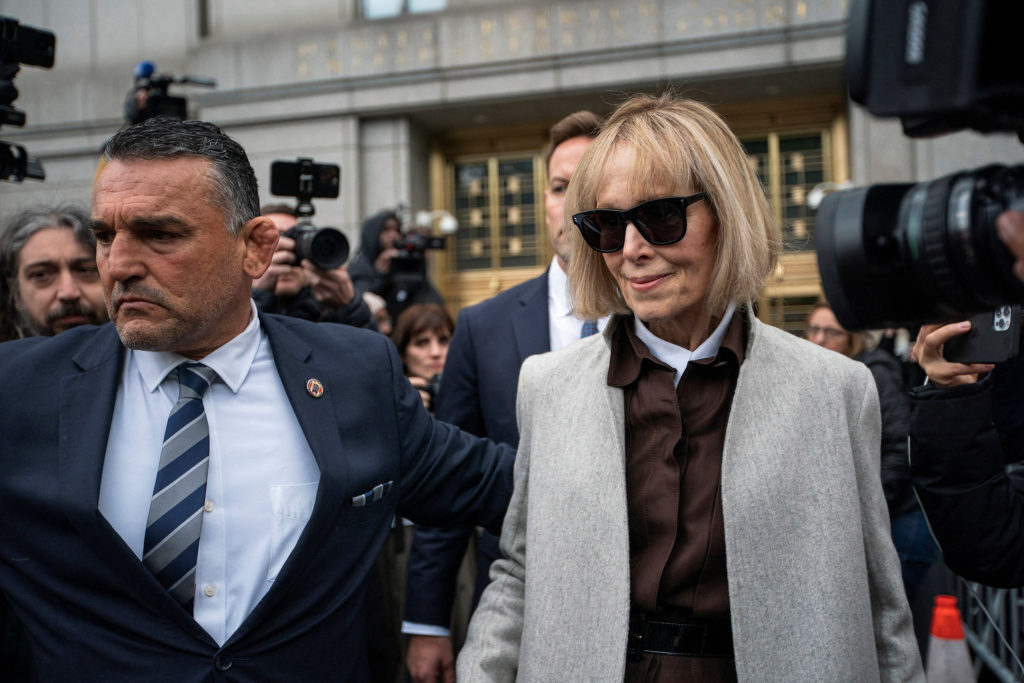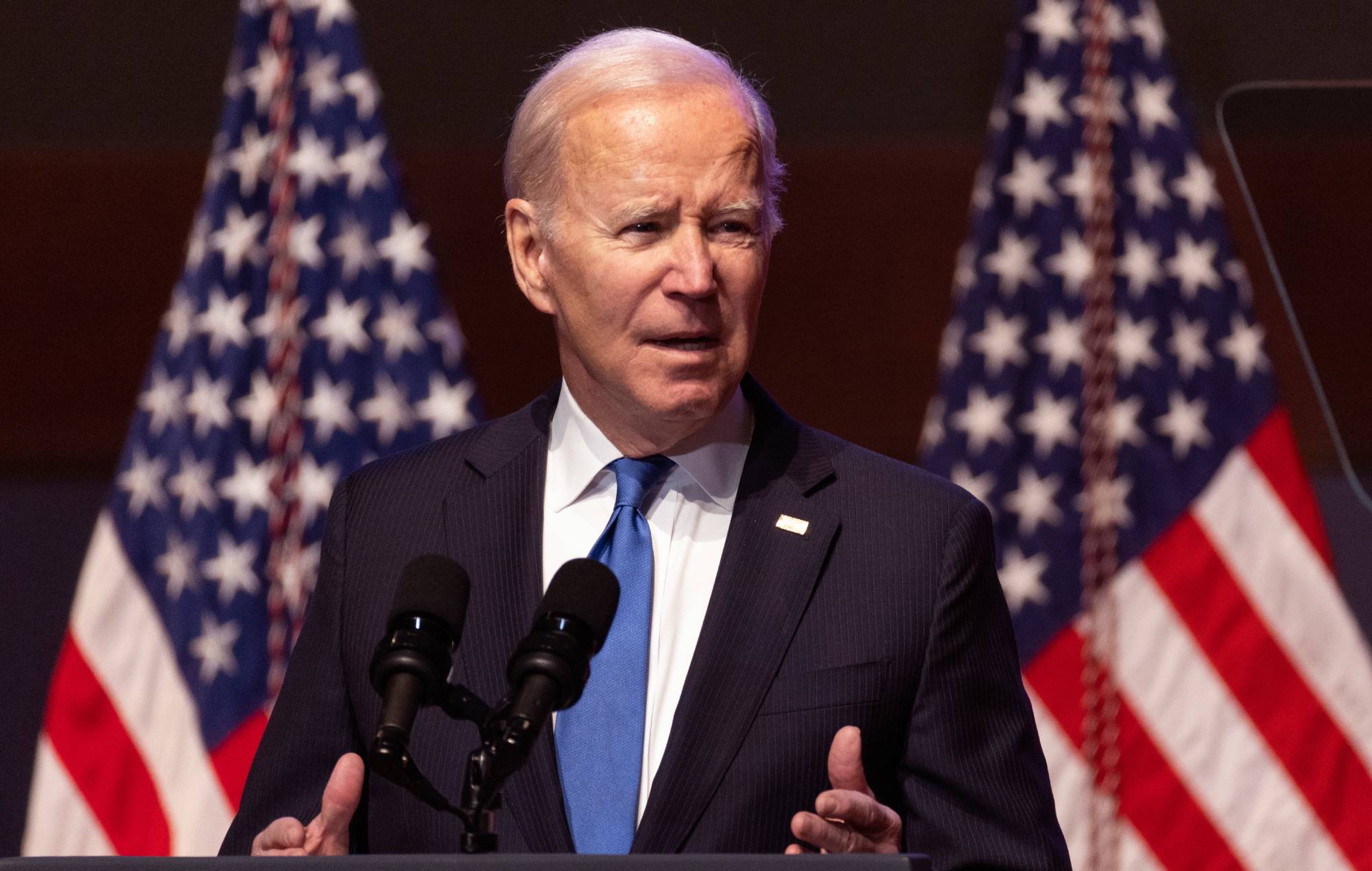The tradition of presidential debates in American elections gives voters insight into candidates’ positions and talents. No explicit obligation exists for candidates to debate. In this election cycle, the American president may be elected without debates in the primary and general elections.

Trump, Biden, and Kennedy: Unconventional Stance on Debates in 2024 Elections
Donald Trump and Joe Biden, Republican and Democratic primary leaders, have skipped debates. Independent candidate Robert F. Kennedy, Jr., a likely general election contender, has also avoided debating. Not having discussions in primary and general elections is unusual.
A unique scenario occurs if Trump and Biden win their party primaries for the general election. Trump, recognized for his debate skills, may want to debate, while Biden, criticized for incoherence and avoiding reporters, may not. If Biden declines, Trump and Kennedy may debate.
The 1980 general election debate featured only Republican Ronald Reagan and Independent John Anderson. A similar situation this year would require both camps to deliberately decide on a debate that benefits them.
READ ALSO: Pressure Mounts on Supreme Court to Address Trump Ballot Issues
Third-party candidates are likely to want debates, although major party nominees and notable independents tend to shun them. Debating candidates with less voter support is seen as riskier than beneficial. Trump and Kennedy may follow suit.
Presidential debates may change in 2024. Without debates, especially if the major party nominees abstain, campaign strategy and communication methods would be re-evaluated. This election’s debate decisions reflect political communication’s changing terrain and campaigns’ calculated risks.
READ ALSO: Biden Pushes for Increased Student Debt Relief in Bankruptcy, Faces Opposition




